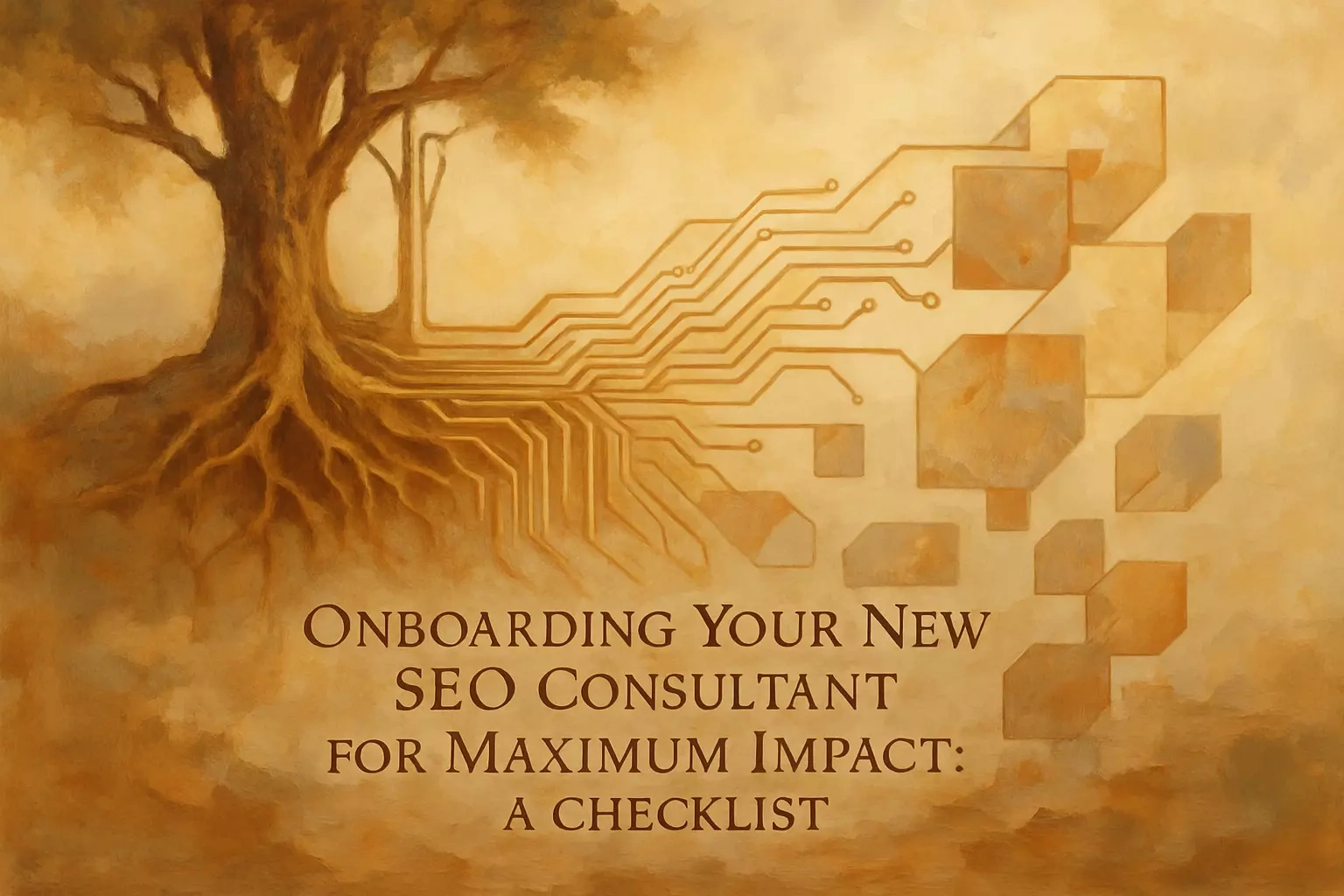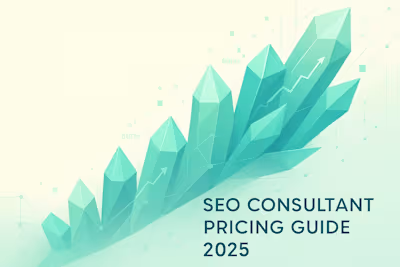Onboarding Your New SEO Consultant for Maximum Impact: A Checklist

Onboarding Your New SEO Consultant for Maximum Impact: A Checklist
Phase 1: The Pre-Onboarding (Before Day One)
Prepare and Send a Welcome Packet
Grant Access to Essential Tools
Phase 2: The Kick-Off Meeting (The First Week)
Introduce Key Team Members
Deep Dive into Business Goals and History
Review and Finalize the Strategic Roadmap
Establish Communication Cadence and Reporting
Phase 3: Integration and Collaboration (The First Month)
Provide Historical Context and Data
Facilitate a Technical Deep Dive with Your Developer
Review the Initial Audit and Findings
A Successful Partnership: Setting Expectations for the Long Term
Understand that SEO Takes Time
Be Open to Recommendations
Maintain Open and Honest Communication
References
Onboarding Your New SEO Consultant for Maximum Impact: A Checklist
Phase 1: The Pre-Onboarding (Before Day One)
Prepare and Send a Welcome Packet
Grant Access to Essential Tools
Phase 2: The Kick-Off Meeting (The First Week)
Introduce Key Team Members
Deep Dive into Business Goals and History
Review and Finalize the Strategic Roadmap
Establish Communication Cadence and Reporting
Phase 3: Integration and Collaboration (The First Month)
Provide Historical Context and Data
Facilitate a Technical Deep Dive with Your Developer
Review the Initial Audit and Findings
A Successful Partnership: Setting Expectations for the Long Term
Understand that SEO Takes Time
Be Open to Recommendations
Maintain Open and Honest Communication
References
Posted Jun 15, 2025
You've hired an SEO consultant. Now what? This checklist covers the essential steps for a smooth onboarding process to ensure your new consultant can start delivering results quickly.










